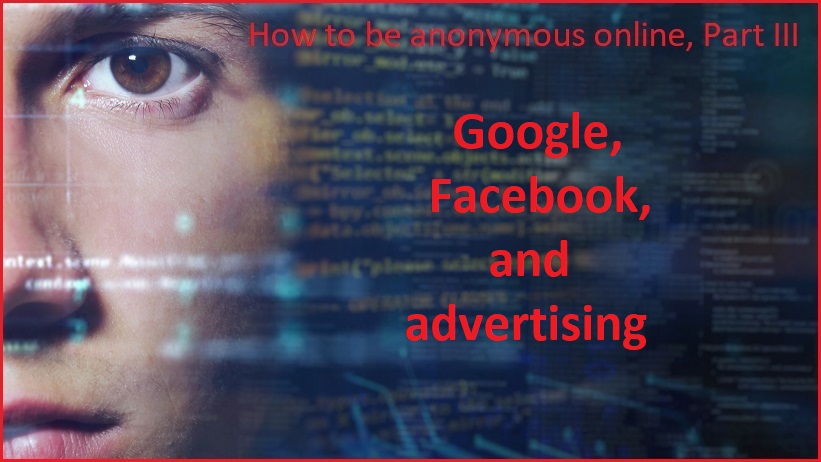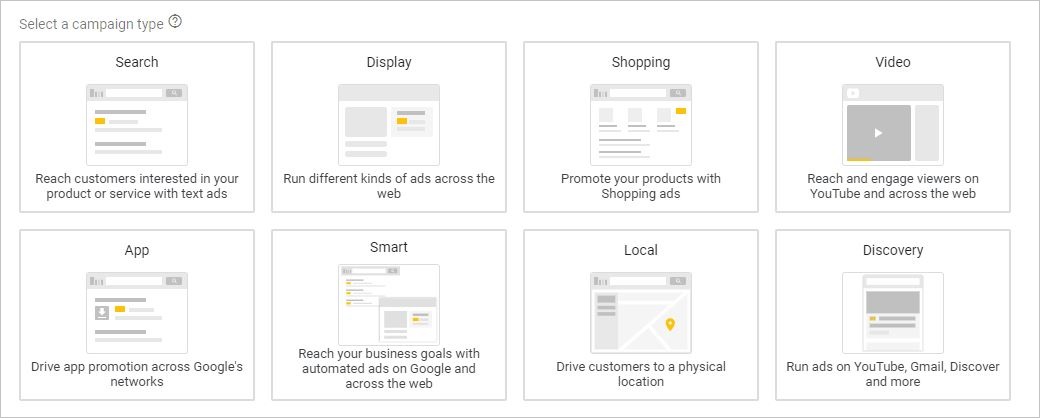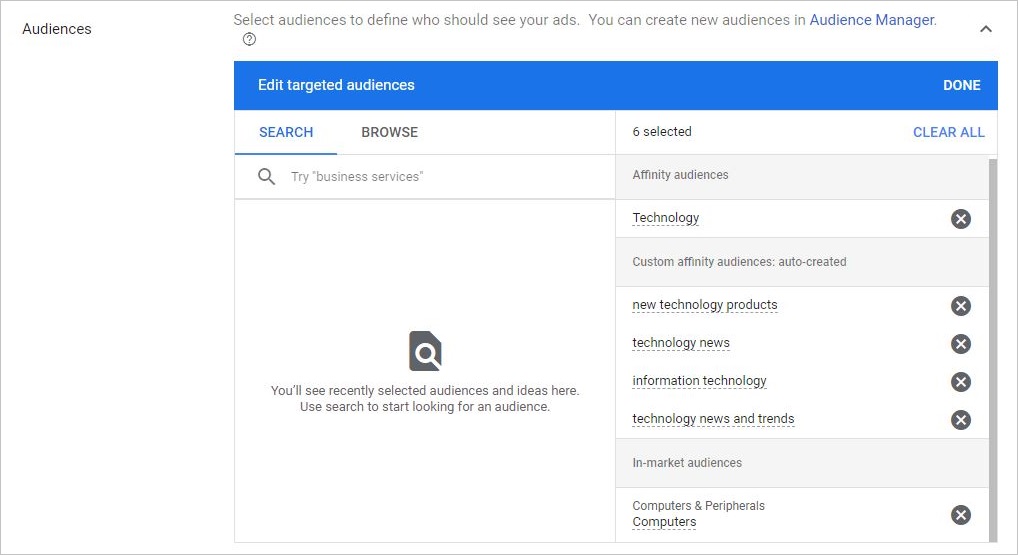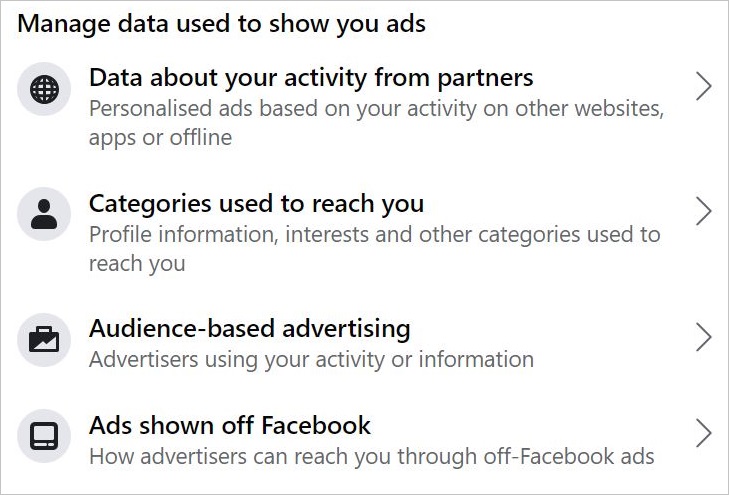You are being watched.
Everything you do online is being captured, stored and analysed in order to determine your personality, preferences, and predict your behaviour.
In this special 3-part Information Age series, we look at the ways your online activity is being tracked and some of the steps you can take to control your personal data.
Be honest – how much of your online activity is mediated through Google or Facebook?
Whether it’s YouTube for videos, Messenger or Whatsapp to chat with friends and family, Instagram for casual scrolling, or Google Search to find information, the two US advertising giants dominate much of our behaviour on the web.
The bad news for privacy-conscious netizens is that when you are signed into these services, no amount of cookie and tracker blocking or VPN usage will keep your personal data from their prying eyes.
And it’s not just Google and Facebook – the surveillance capital business model of collecting enormous amounts of user data in order to sell advertisements funds all manner of social media platforms and news businesses.
Advertisements
Because anybody can sell ads on Facebook and Google, it’s easy to see some of the ways they package and sell your data.
On Google, you can choose the ‘campaign type’ that will determine which Google services your ads will run on: Search, Shopping, YouTube, Gmail, Maps, or websites that Google plays to display ads.
The different kinds of ad campaigns offered by Google.
After deciding where you want your ads displayed – and what you want people to do if they click on it – you can pick the precise kinds of people to target.
This can be a combination of search keywords, demographic information, and what Google calls ‘affinity audiences’.
Keyword ads are simple: when someone searches with certain keywords (like “pizza”), you want your ad to appear.
Demographic information is also relatively simple: you might want your ad only to be shown to women between the ages of 30 and 50, for example.
But it’s the ‘affinity audiences’ where targeted advertising really shines.
Here your interests, behaviour, and personality – harvested over years of using Google services – are sold to the highest bidder so that when you watch a YouTube video, make a Search, put a location in Maps, or even simply check your emails, there is always an ad ready and waiting.
The inferences and predictions Google can make about you from your browsing history, YouTube subscriptions, and emails would be remarkable given how many data points it collects during everyday use.
It is very easy to target ad campaigns at people with specific interests.
In the early 2000s, retailer Target showed just how powerful consumer data could be when it began predicting women’s pregnancies based on their purchasing patterns.
The New York Times tells the story of a man who, outraged at pregnancy-related direct marketing material the company sent to his daughter, stormed into the local Target demanding an apology.
He soon found out that Target was right – his daughter was pregnant; she just hadn’t told him yet.
You can see who Google thinks you are in your Google Ad Settings which also has a simple button for turning ad personalistion – the delivery of ads based on your private information – on or off.
In the Data and Personalistion section of your Google Account you can tell Google to stop storing information about your web and app activity, your location history, and can set it up so Google deletes your activity after a certain period of time (minimum three months).
You can also choose to download all the data Google has stored about you.
Leaving social media behind
Advertising on Facebook operates in much the same way as Google but within its own social media ecosystem (Facebook, Instagram, Whatsapp, and Messenger) and through external partners who also show Facebook ads.
Facebook gathers data about you from your activity across the web, information you willingly provide (such as job title and relationship status), and your ‘interest categories’ gleamed from the way you interact with social media such as the pages you follow and posts you like.
Much of this information is viewable in your Facebook Ad Preferences where you can opt out of personalised ads (but not all ads) appearing in your feeds.
You can take some control over your ad settings on Facebook and Google.
Social media in general follows the same model of collecting data about you based on how you interact with the service – whether that be feeds on Twitter and TikTok the front page of Reddit – and then using that data for the targeted sale of advertisements.
Unfortunately, anonymity and social media do not go hand-in-hand.
Most social media platforms – their apps and websites – are fully or partially gated communities that require users to login before viewing or interacting with certain parts of the service.
At best, you could create temporary social media accounts using a disposable, temporary email address to sign up for social media accounts while connected to a VPN so you aren’t identifiable by IP.
But even your behaviour on an account that can’t be tied to your real-life identity will still be monitored, your interactions with posts, pages, and ads measured.
If online anonymity is your aim, you will want to leave social media behind and try to escape Google’s ecosystem of convenience.
How do you do that?
Email, search, and messaging
To start with, you can stop using Gmail and Search.
Google may have officially said in 2017 that it stopped scanning emails to inform its ad business, but its cheap, reliable email service remains a gateway into Google’s long-reaching arms of data surveillance.
If you want to escape Google’s prying eyes, ProtonMail and Tutanota are both privacy-focused email providers that offer basic free accounts while Australian company FastMail has services starting at just US$3 per month with 30-day free trials.
ProtonMail and FastMail both have support pages dedicated to helping you migrate from your Gmail account.
To get away from Google Search tracking your every online query, try a privacy-centric option like DuckDuckGo which runs advertisements but they are based on keyword searches and are not personalised to your interests.
DuckDuckGo is admittedly less powerful than Google Search, but it will get you where you want to go most of the time – and if you need a bit of help, add ‘!g’ to your search and it will route the query through Google.
Facebook and social media can be harder to escape, not least of all because of their addictive qualities.
If you can manage to avoid endlessly scrolling but still find yourself using the likes of Messenger and/or Whatsapp to connect with friends and family, you could consider moving to a different messaging app like Signal.
Run by the non-profit Signal Foundation, Signal is a free messaging app with end-to-end encryption that has no affiliation with advertising or data surveillance.
Of course, you will need to convince everyone in your group chats to move as well, otherwise your new anonymous online life might start to feel a little lonely.













